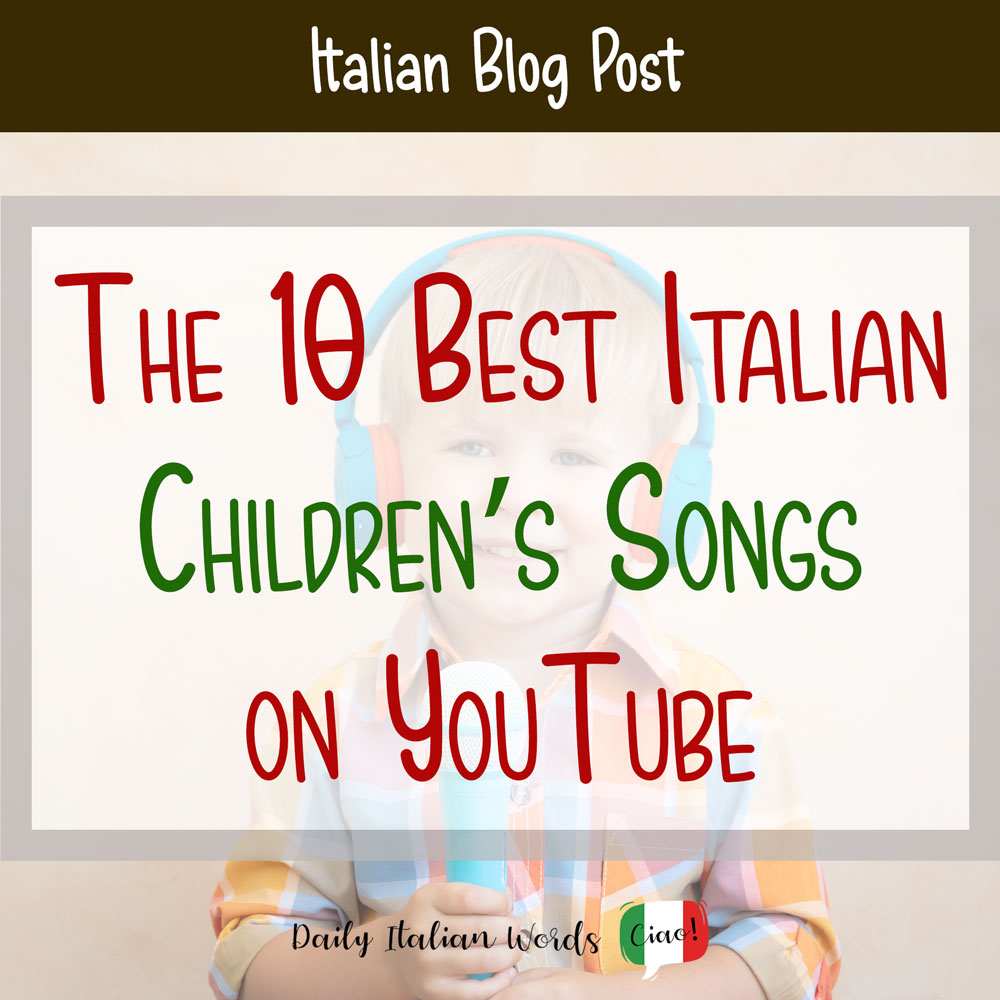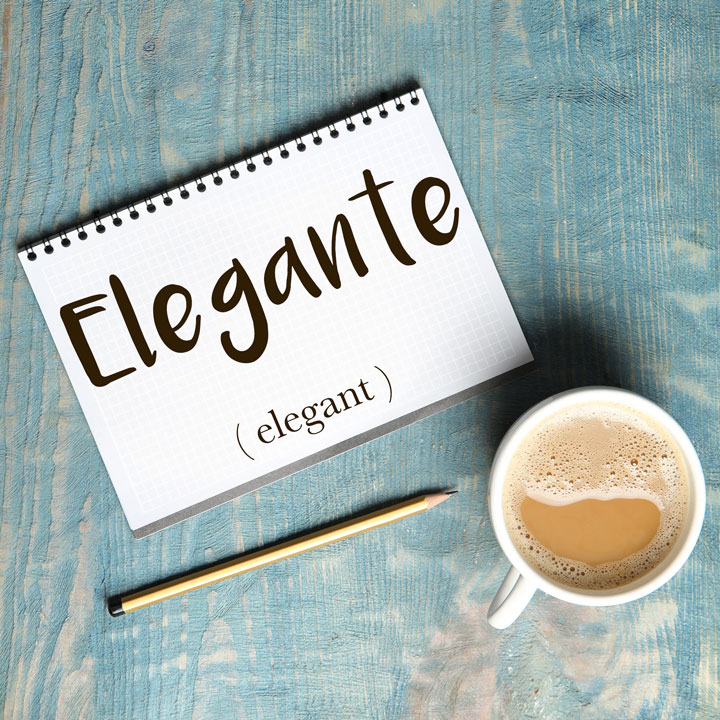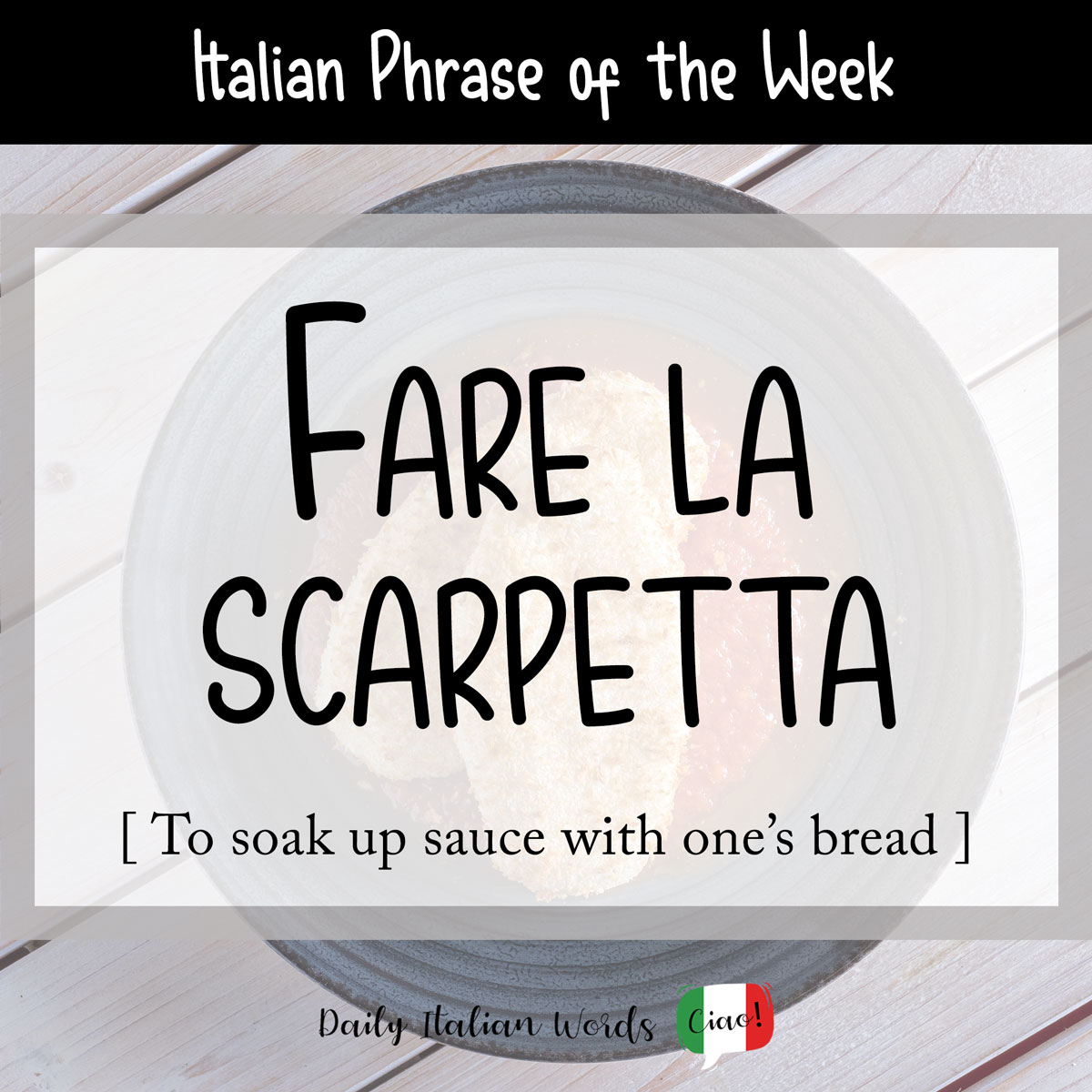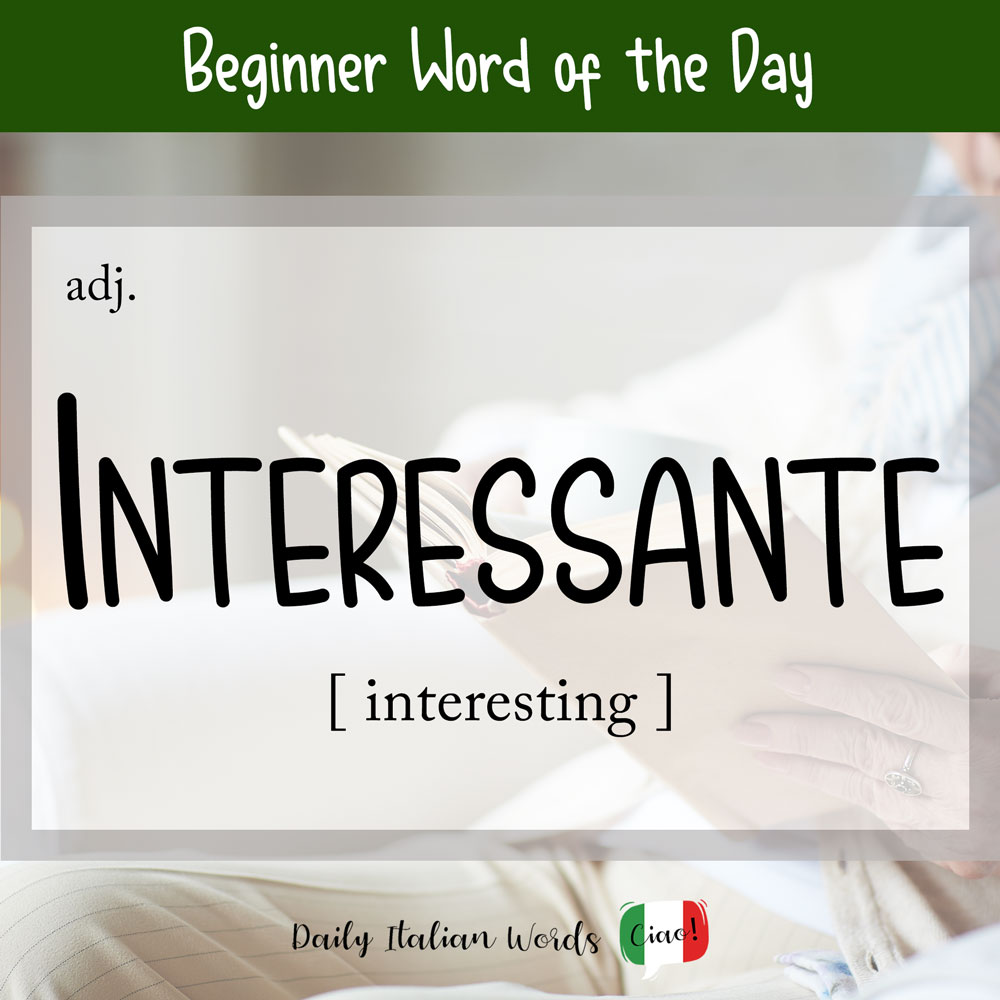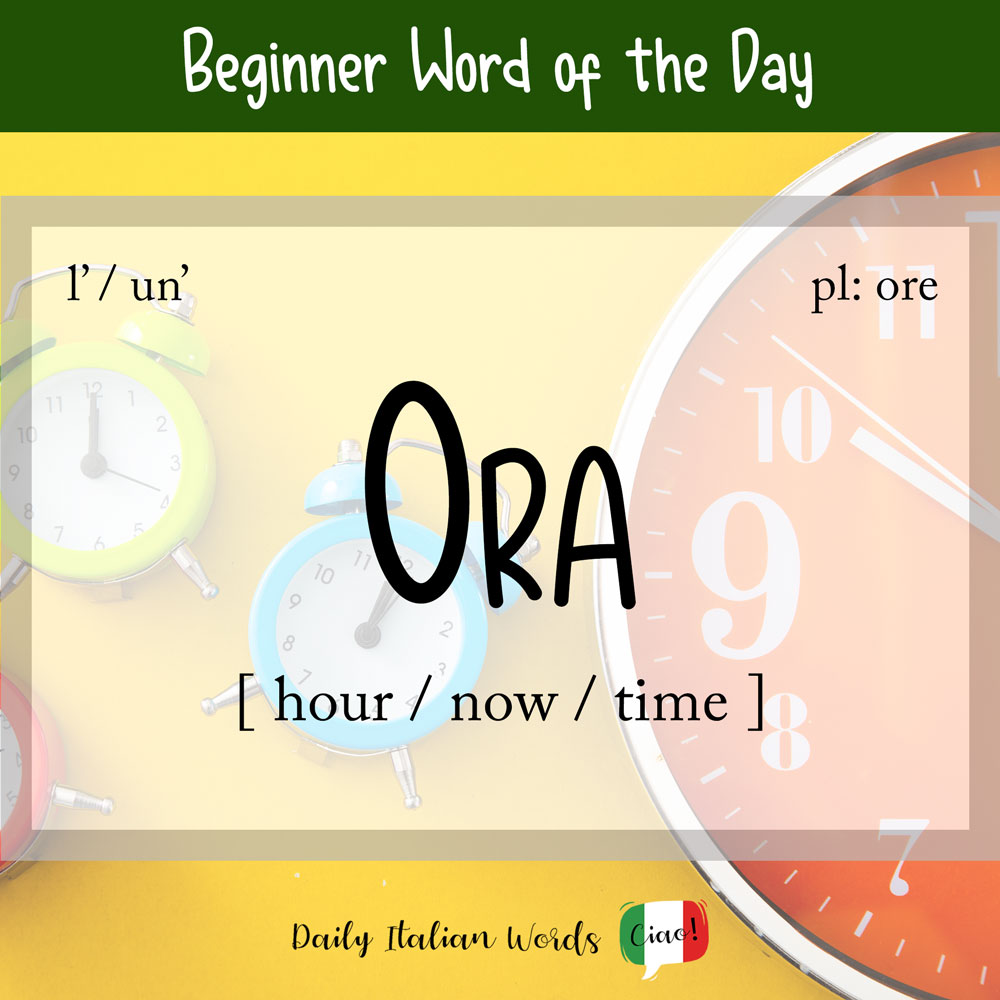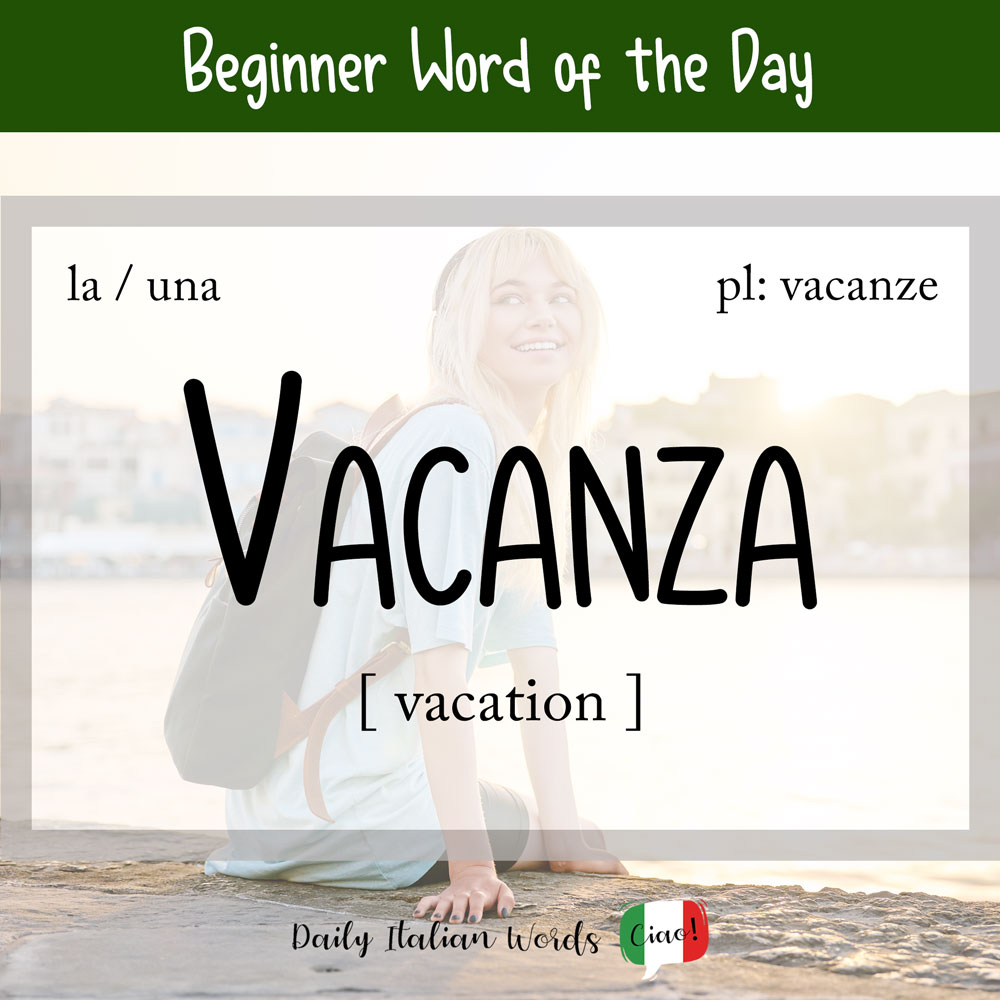The 10 Best Italian Children’s Songs on YouTube
One of the most effective ways of picking up a new language is through music and song. Not only does music make language learning more enjoyable, but it is also repetitive, allowing unfamiliar vocabulary and grammar patterns to sink in more quickly than if you heard them only a few times in conversation. Children, in …

